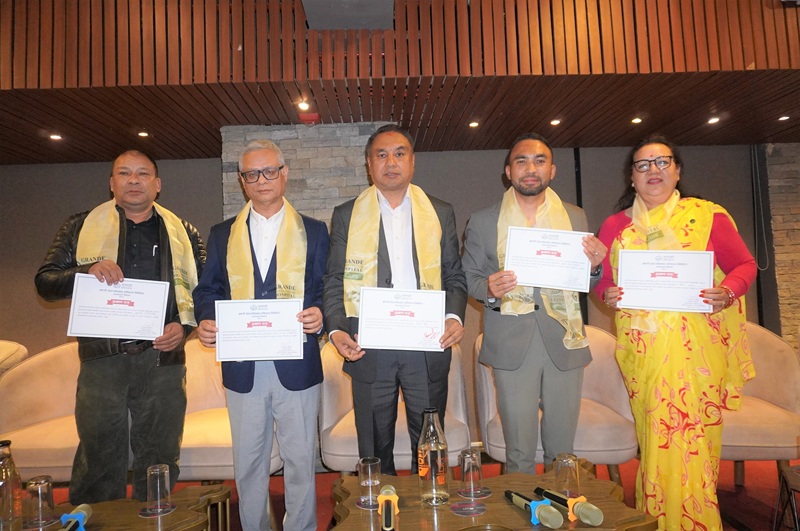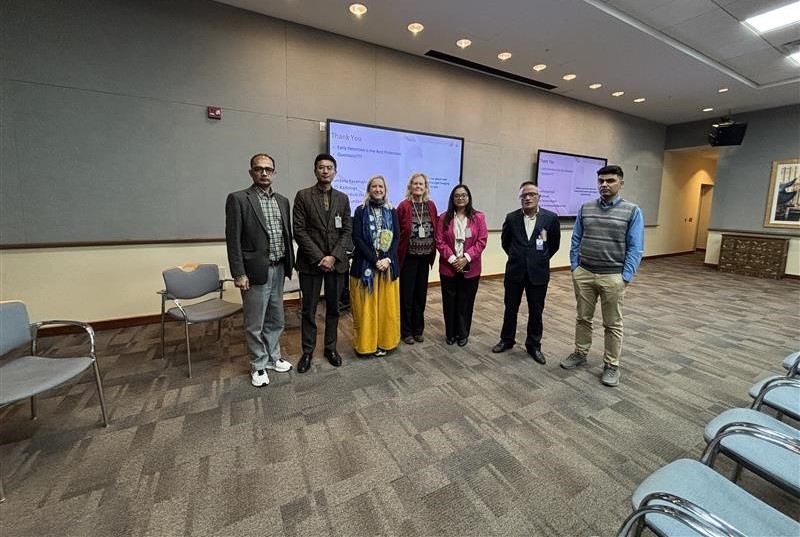Russia Fines Google Two Undecillion Rubles Over YouTube Restrictions on State Media
1st November 2024, Kathmandu
A Russian court has imposed an unprecedented fine on Google, equating to more than the world’s Gross Domestic Product (GDP). Valued at two undecillion rubles, or approximately $20 decillion, the penalty arises from Google’s restrictions on Russian state media channels on YouTube.
Russia Fines Google Two Undecillion
This record-breaking fine highlights the escalating tensions between the tech giant and the Russian government, as regulatory and political pressures build over content restrictions and compliance with national policies.
Russia’s Record Fine Against Google
The fine, initially reported by Russian state news agency RBC, marks the accumulation of years of mounting penalties on Google for its stance against certain Russian media outlets. According to the International Monetary Fund (IMF), the world’s GDP is valued at around $110 trillion, making this fine an astronomical figure exceeding the global economy. If Google does not comply with the court ruling within nine months, the fine will accumulate further, with an additional daily penalty of 100,000 rubles that will double weekly without limit.
The dispute traces back to 2020 when Russian media outlets Tsargrad and RIA DAN filed lawsuits against YouTube. Russian courts ruled in their favor, penalizing Google for its alleged restrictions on their YouTube channels. Since then, the tech company has faced a series of fines and penalties, intensifying following Google’s decision to restrict Russian media channels supporting Russia’s actions in Ukraine.
Google’s Response to Russia’s Ongoing Legal Pressures
Google has acknowledged the legal pressures imposed by the Russian government but remains cautious about the financial implications. In its latest quarterly report, Google stated that it does not foresee a “material adverse effect” from the ongoing legal disputes with Russia. A spokesperson noted that various civil judgments, including compounding penalties, have been imposed on Google, especially regarding account restrictions related to sanctioned individuals and organizations.
As part of broader sanctions, Google restricted AdSense accounts in Russia, halted online ad services in the country in March 2022, and has limited new account creation as the company navigates compliance with international sanctions.
Background of Google’s Content Restrictions on Russian State Media
In response to Russia’s 2022 invasion of Ukraine, Google restricted access to certain Russian media outlets supporting the invasion, leading to an escalation of legal disputes. By banning Russian state-aligned media channels, Google faced backlash from Russian authorities, resulting in cumulative fines that ultimately led to this historic court ruling. Google’s stance has been part of a larger move by Western tech companies to limit the reach of Russian state-controlled media, citing concerns over misinformation and propaganda.
Implications of Russia’s Court Ruling on Global Tech Regulations
Russia’s massive fine on Google emphasizes a growing trend of regulatory challenges facing Western tech companies operating in restrictive or politically charged markets. Google’s case highlights the legal complexities that arise when global tech giants encounter policies that conflict with freedom of information, content moderation, and compliance with international sanctions. Russia’s latest ruling suggests that the country may continue imposing substantial financial penalties on companies that restrict its state media.
The implications extend beyond the tech industry, raising questions about the future of content moderation policies, government intervention, and the balance of regulatory power as tech companies attempt to navigate both compliance and corporate values on a global scale.
Conclusion
The two undecillion ruble fines imposed by Russia on Google represent a critical point in the ongoing legal battles over content control, national sovereignty, and global regulatory pressures. As Google faces intensified scrutiny in Russia, this case underscores the growing challenges multinational tech companies face in balancing compliance, ethical considerations, and business sustainability across different jurisdictions.
For more: Russia Fines Google Two Undecillion







